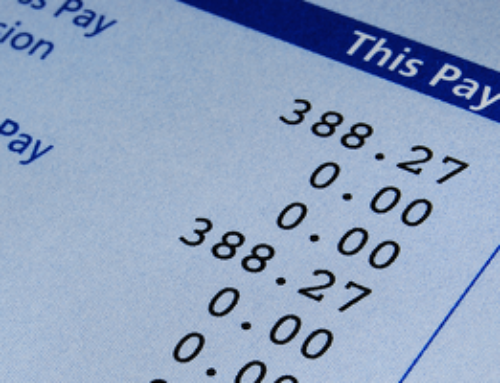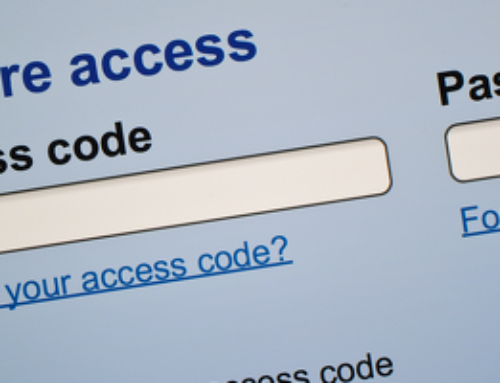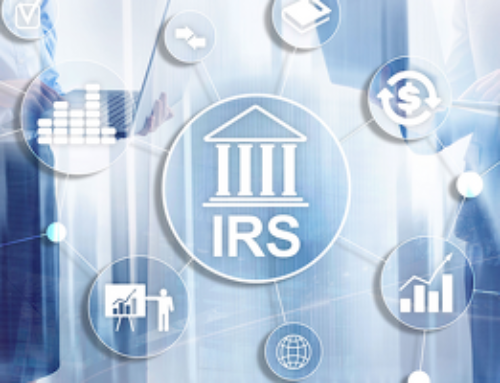If you’re getting a refund, here are four useful tips to know.
1. The average refund is more than $3,500. Through February 18, the IRS reports the average refund is $3,536, which is up 22% versus the same time last year. Since a refund is really your money to begin with, it’s like giving the federal government an interest-free loan.
Tip: If you’re getting a big refund this year due to overpayment of tax, it may be worth adjusting your withholdings to eliminate overpayment for 2022.
2. Most refunds still arrive within three weeks. The IRS says it issues nine of 10 refunds within 21 days. However, electronically filed returns will usually get a refund faster than those filed by paper in the mail. Don’t expect that turnaround with a paper filed return, however. The IRS says they are still processing a backlog of last year’s returns and don’t expect to be caught up until year end.
Tip: The best way to check the status of your refund is by visiting https://www.irs.gov/refunds. While you can see the status of your refund, there isn’t a whole lot you can do about it until the IRS processes the refund.
3. Sometimes refunds are wrong. If your refund isn’t the amount you expected, there could be multiple reasons why. The primary culprit may be caused by the numerous incentives available during the 2021 tax year, driven by the increased Child Tax Credit. But there could also be a typo or calculation error, or the IRS may have disallowed some deductions or credits. If you owe other debts to the government, they may have these garnished from your refund check.
Tip: If your refund amount is different than the amount on your tax return, try to understand why this is the case before cashing the check. Follow up with the IRS for an explanation about the missing amount. Amounts cashed that are larger than you expect can actually cause problems if the IRS expects repayment.
4. Con artists prey on refund checks. Year after year, IRS scams are among the most commonly reported frauds. Con artists call unsuspecting taxpayers and claim to be from the IRS. They say that you owe money or that a refund was issued in error and demand immediate repayment.
Tip: An IRS agent will never call a taxpayer over the phone without first sending an official letter, and will neither threaten a taxpayer nor demand immediate payment. They’ll also never ask for credit card or debit card numbers over the phone. If you are contacted by a suspected scammer, report it to the IRS by calling 800-366-4484.






